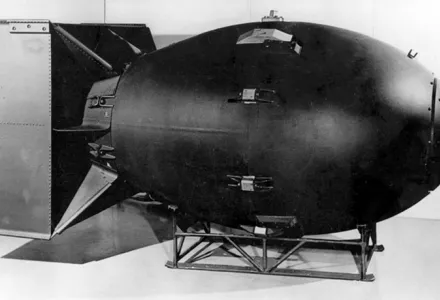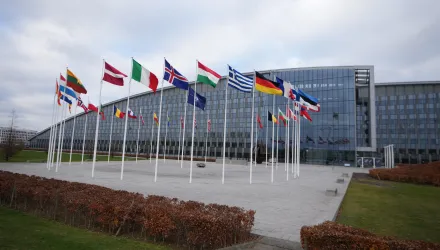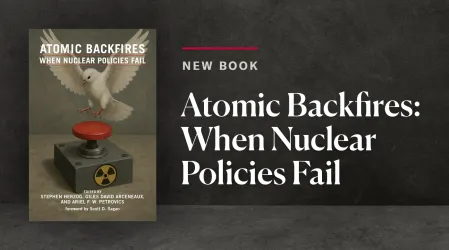The Elite Taboo Against Using Nuclear Weapons: Evidence from Wargames
Speaker: Reid Pauly, Research Fellow, International Security Program/Project on Managing the Atom
Is there a normative prohibition on the use of nuclear weapons? Recent scholarship has cast doubt on the existence of a norm of nuclear non-use among the American people. But the public does not make decisions about using nuclear weapons. In this presentation, Pauly investigates the willingness of American policymakers to use nuclear weapons through the history of political-military wargaming. He tests competing theories about the use and non-use of nuclear weapons by examining both whether strategic elites were willing to use nuclear weapons in different scenarios and how they explained those decisions.




